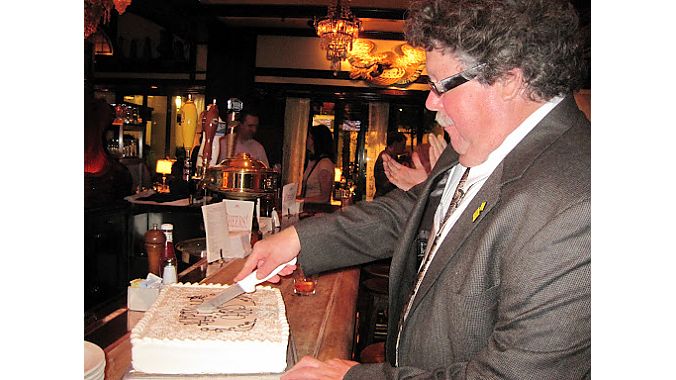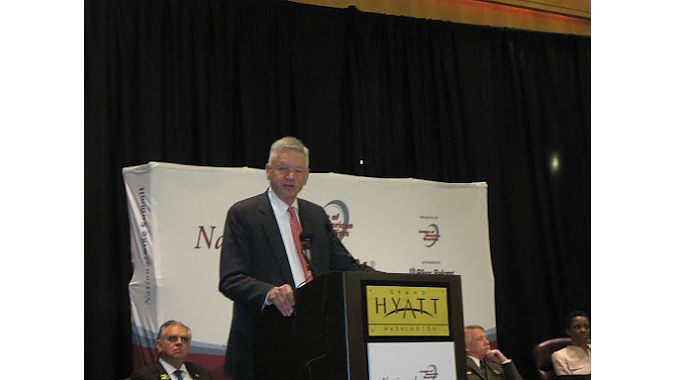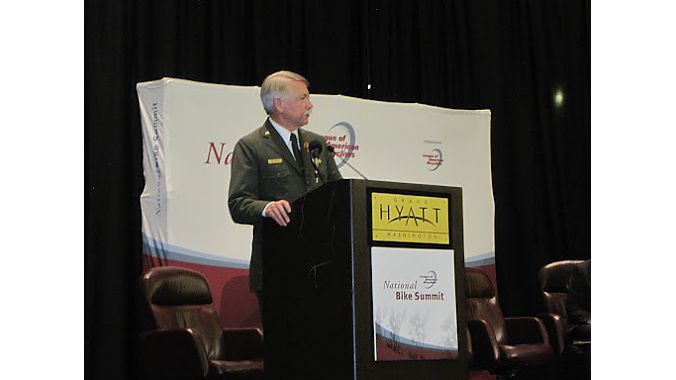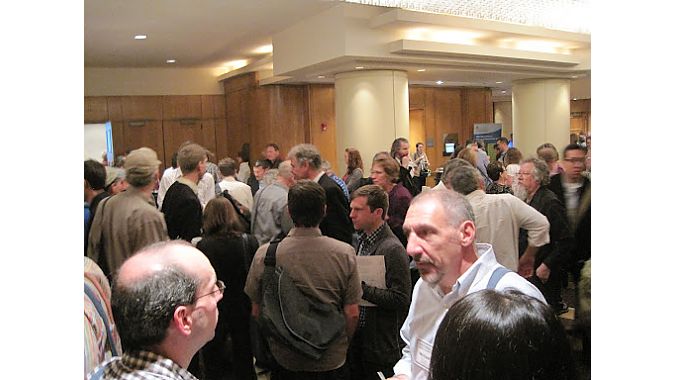WASHINGTON, D.C. (BRAIN) Thursday March 22 2012 9:59 AM MT—Transportation Secretary Ray LaHood was blunt when he took the podium Wednesday morning during the annual National Bike Summit. “Charge up to Capitol Hill and say we need to pass the Senate bill. No more extensions, no more excuses, no more politics,” he told more than 800 advocates, retailers, suppliers, event and ride directors and bicycle clubs that packed into a ballroom of the Grand Hyatt in Washington.
He said the two-year, $109 billion transportation bill, which was recently passed by the Senate, bodes well for liveable communities and cycling and also puts Americans to work.
With an eighth extension to the previous transportation bill set to expire March 31, pressure has been mounting over the past months for Congress to finalize a multi-year highway funding plan. But the House has met with widespread opposition to its initial bill from both parties. And with time running out, it’s likely that House leaders will introduce another short-term extension.
Anticipating this move, Summit organizers advised attendees that they lobby for a “clean extension” of the current bill during meetings with district representatives and senators on Thursday. A clean extension would maintain funding levels for the three core biking and walking programs—Transportation Enhancements, Safe Routes to School and the Recreational Trails Programs, which were cut in the House legislation introduced in early February.
They also advised that they ask for support for the Petri amendment—introduced by Reps. Tom Petri (R-WI), Tim Johnson (R-IL) and Steven LaTourette (R-OH)—when the House resumes work on the full transportation bill. This amendment would reinstate dedicated funding for cycling programs.
At yesterday’s keynote attendees also heard from Rep. Earl Blumenauer (D-OR), who’s participated in the Summit throughout its 12-year history. He commended the industry and advocates for being part of the movement that stopped the House legislation, which he called “the worst transportation bill in history,” in its tracks.
Rep. Tom Petri (R-WI), who thanked attendees for their activism, was received with a standing ovation. “We all know our nation needs first rate infrastructure to support a first-rate economy,” he said.
Rep. Peter DeFazio (D-OR) urged attendees to talk about the industry behind cycling with congressional members. “They don’t realize it’s a serious form of transportation—these are points you have to make,” he said. “You need to try to translate your message to get through the fog here in Congress.”
All of these representatives have spoken at past Summits. But attendees also heard from a new ally. Rep. Donna Edwards (D-MD) took up cycling because she had no car and had to go to work. So she would ride her bike to the bus stop after dropping her child off at daycare. “The best thing you can do is tell your experience—what it means to you and that it puts people back to work,” she said.
Their call to action was followed by eighteen panel sessions on best practices in advocacy, fundraising, bike travel and tourism, bike sharing, social media and online advocacy campaigns, the economic benefits of cycling and the convergence of racing and advocacy.
The Summit began Tuesday afternoon and continues Thursday when delegates will meet with members of Congress. It concludes Friday with a morning ride.






























